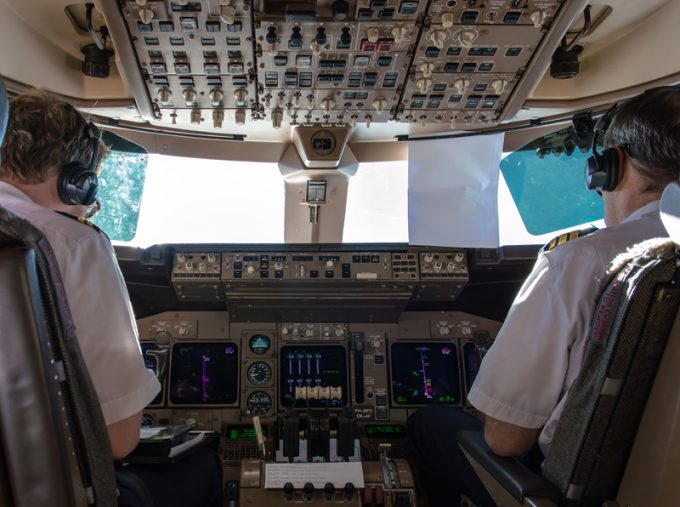So long then, Polar Air Cargo, and thanks for all the theatrics
An uncontrollable carrier?

Amazon has found itself in the middle of growing tension between its supplier, Atlas Air, and its pilots after a protest outside the internet giant’s annual shareholder meeting yesterday in Seattle.
Pilots represented by the Airline Professionals Association (APA) have been locked in bitter, long-running contract negotiations with ABX, Atlas Air and Southern Air – all of which fly for Amazon.
Spokesperson for the group Robert Kirchner, himself a pilot for Atlas, said that while the pilots were “proud” to fly for the likes ...
'Disastrous' DSV-Schenker merger would 'disrupt European haulage market'
New senior management for DSV as it readies for DB Schenker takeover
Volumes set to 'fall off a cliff' as US firms hit the brakes on sourcing and bookings
Asian exporters scramble for ships and boxes to beat 90-day tariff pause
Amazon pushes into LTL for small package fulfilment and UPS does a u-turn
Temporary tariff relief brings on early transpacific peak season
Pre-tariff rush of goods from US to China sees air rates soar, but not for long
'Tariff madness' will prompt renegotiation of ocean shipping contracts

Comment on this article